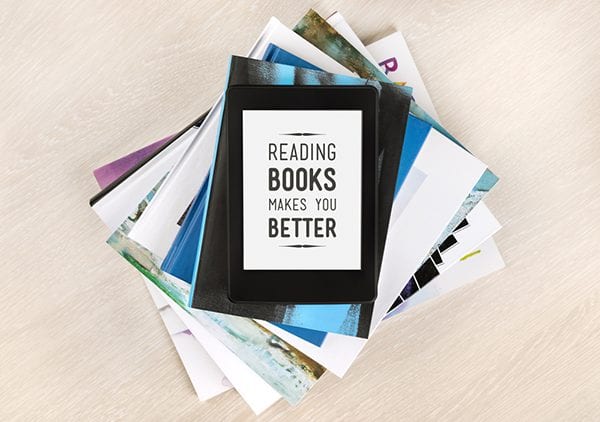‘Up-lit’: a more hopeful era in literature?
‘Up-lit’: a more hopeful era in literature?
‘Up-lit’: a more hopeful era in literature?
-
Hannah
-
Hannah


Once upon a time, being an author meant reading a lot of books, writing some books, and perhaps doing a book signing or reading tour now and again. Nowadays… well, there is a lot more to the job, and included in the list of myriad tasks the author must perform is this: keep up to date with publishing and writing and book blogging lingo. That has necessitated my fathoming such terms as ‘bookstagramming’ and ‘the feels’ and ‘listicle’ and ‘insta-love’.
Barely a month goes by, it seems, without a new term to consider, and thanks to a recent Guardian article, I have a new one to mull over: ‘up-lit’. This is defined as ‘optimistic’ fiction; literature imbued with empathy and compassion. It is a reaction, we are told, to ‘the grip lit domestic noir that ha(s) been saturating fiction sales’ (Guardian), and to a desire in readers to escape the difficulties of our times and feel better for reading a book.
An editor at a British publishing house is quoted as saying that up-lit was the ‘resounding trend’ of the Frankfurt Book Fair (the world’s largest trade fair for books), and that ‘the world is so awful that people are turning to fiction to find a happy ending’. Of course, this makes perfect sense to me, as a romance author. I have always sought out stories with a happy ending, and I have always written stories with a happy ending, because I value what is good in life; I do not wish to dwell on darkness.
However, there appears to be some confusion as to whether romance, the kind of novels I write, constitute up-lit. In its original article on the trend, the Guardian tells us: ‘more and more bookbuyers are seeking out novels and nonfiction that is optimistic rather than feelgood. And an appetite for everyday heroism, human connection and love – rather than romance – is expected to be keeping booksellers and publishers uplifted, too.’
I confess I am somewhat confused. Why isn’t an optimistic book simultaneously ‘feelgood’ (another modern term, in fact, that I have pondered)? And why wouldn’t romance be uplifting?
In the later Guardian article, we read that ‘These feelgood books tap into mental health and loneliness and anxiety and trauma’ (so they are feelgood, in that case?). It strikes me that romance often incorporates these aspects too. In all of my novels, my hero and heroine are on an emotional journey, navigating fear, anxiety, isolation and past traumas.
Of course, many romance books are inherently optimistic too. If you are a reader who wants a story that builds to a happy ending, you can find plenty to read in the romance genre. That optimism may even be essential for you in a book, to the point that you feel upset if the author turns the tables on you and pulls the hero and heroine apart at the end (Romeo and Juliet) or leaves them dangling (Gone with the Wind).
Some argue that a romance novel isn’t a romance novel if it doesn’t have that optimism. From an article in the Huffington Post entitled ‘Does Romantic Fiction Need A “Happily Ever After” Ending?’: ‘In the U.S., as far as regular readers of novels which are marketed as ‘romance novels’ are concerned, the definition of ‘a romance novel’ does include a happy ending.’
To me, the kind of romance novels that I write are ‘up-lit’. They are books to make you dream, to make you believe in love, to make you believe in goodness.
Other kinds of writing, to make you think, to educate and inspire, are so important. Les Misérables, Madame Bovary, Anna Karenina – these are beautiful books, and among my favourites. But there will always be a place and a need for ‘up-lit’, and I’m delighted that it is on the rise.
Reading books really can make you feel better.
Perhaps leaving out romance in the discussion is intentional by critics who look down on the genre for reasons known only to them.
Indeed!